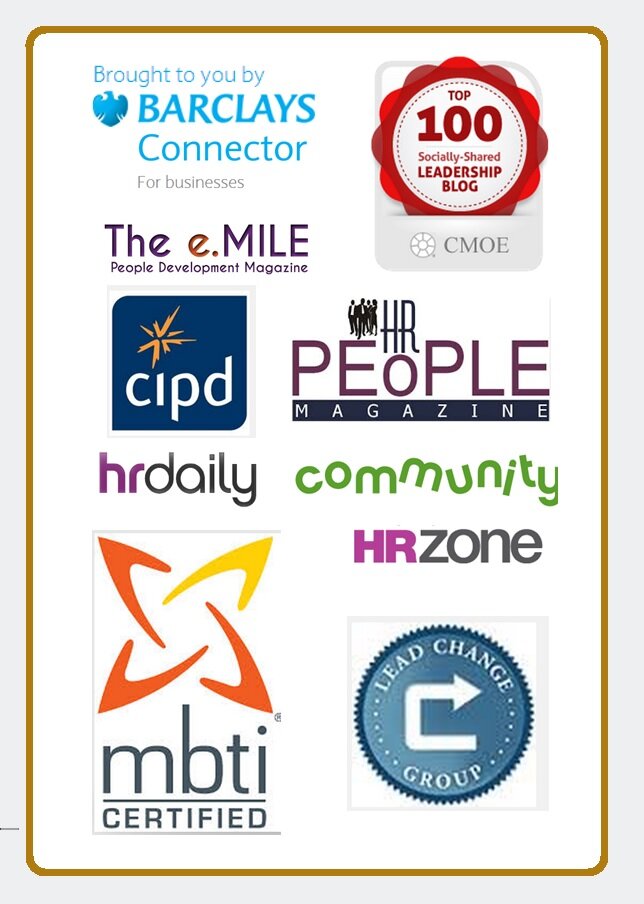 Disputes at work cost us much more than loss of productivity
Disputes at work cost us much more than loss of productivity
As we speak I have placed myself at the centre of a dispute. Now for me this is quite a big deal because quite frankly I am against being in dispute per se. The details of the dispute are immaterial because all it really boils down to is that the other person I am in dispute with simply sees things differently to me, and they are trying to foist their perspective on me. (Conversely, I’m at it too!).
Because I know that disputes are futile egotistical diversions, which waste a lot of time and energy I usually avoid them like the plague. That’s not to say I don’t feel strongly about certain issues, and I abhor it when my values are being dishonoured, it’s simply that I know enough to realise that everyone is entitled to their opinion. Also life is simply too short to become embroiled.
The thing is with disputes though; it is usually when someone else’s rules, opinions or behaviours impinge on our own personal boundaries that we can no longer turn a blind eye.
Some of the facts
At work in the UK, around were recorded in 2012/13. The introduction of payment of a fee to lodge an employment dispute to a tribunal which was introduced in July 2013, has many HR professionals and employment lawyers waiting with baited breath to see if there is a sharp downfall in claims as a result. The most recent released by the UK Government are pretty inconclusive and the trends have certainly not been established.
But whether or not the payment of a fee helps to direct the minds of claimants whose disputes may be dubious is really a bit of a red herring. The emergence of an application to an employment tribunal is quite often the end result of a long and arduous route whereby somewhere along the line, parties to the dispute have failed to find a solution, or a meeting of minds.
Workplace conflict is extremely costly; in a , it was found that resolving conflict took up, on average, one day per month for each and every worker. If you start doing the math, then you realise that the cost to businesses is pretty huge. But even then, as we all know; disputes at work have a ripple effect. Not only do they take precious time to resolve, they can create an awful atmosphere, absence from work, knotty HR issues while disputes are being solved and simply drag down the business.
Why disputes occur
There are many reasons why disputes occur, but some of the common dynamics present are; roles of victim and victimiser, a sense of unfairness or injustice, a need to be right and the other wrong and sometimes a need to be better than or indignation at being seen as less than.
Some of the causes of disputes arise from:
- Rules imposed by one party have been broken by the other, but the other doesn’t agree on the rules in the first place.
- There is a disagreement on the facts
- One person is being seen as having an unfair advantage over another
- A person’s behaviour is, or is seen as, unacceptable
- Decisions are made which don’t consider the person or their circumstances
- There is a personality clash
- Inadequate communication exists.
I’m sure there are many more, but in my experience many disputes are contained within those seven causes.
Because we are all so unique and our perspectives are so very different, conflict resolution management is not really a huge success, as can be seen by the number of disputes which have reached employment tribunal. In fact many companies might argue that the most important HR Expertise is being able to minimise the effects of disputes in the workplace.
A different mind set
There is no magic wand unfortunately. Human behaviour doesn’t transform instantly. A change of mind is needed, and this is not just in the workplace, but at home, in politics, in global leadership. The following mind-set shifts would produce a significant change in unhealthy disputes which simply squash the spirit, waste time and stunt creativity and innovation. Creating dynamics of equal value, a goal of harmonious working (healthy conflict is allowed!), and respect of boundaries and understanding each other.
These can translate into possible actions such as:
- Helping people who feel victimised to access their inner strength and honour themselves.
- Creating a common purpose and vision when setting rules and boundaries, and when others can’t or don’t meet them, helping them as much as possible to do so.
- Allowing people to make an occasional mistake.
- Treating everyone with equal value as a person
- Involving and honouring everyone when instigating change
- Being aware of and acknowledging when decisions are made they may have a negative impact on others and finding ways to help people when that is the case.
- Raising awareness of how we operate as human beings, and our impact on others.
- Creating congruent communication, where different styles are respected and used.
The funny thing is, when I began to get into my current dispute, a big part of me was saying, just surrender, don’t go down that route, let it go! But my rebel sense of indignation and rightness won over. Well for a short time anyway. I think though, it might just be time to bury the hatchet!
This great article is from the People Discovery blog, associated with The e.MILE People Development Magazine: the Magazine is currently running a series for the 6 months April to September 2014 based on the challenges identified by The Centre For Creative Leaderships report 2013 Don't Miss Out! Sign up here to be notified of our subsequent issues and posts

If you are a leader, you are continually developing and "Sharpening the Saw". If you lead and manage teams, then you must read about our Inspirational New Leadership Programme. Sign up now to find out more details when we launch in July 2014. There is no obligation to undertake the programme, if you sign up today, you will simply be sent more information about the programme. You can unsubscribe at any time! Click below to register for further information.

 Everyone has this power, some of us just don’t realise it.
Everyone has this power, some of us just don’t realise it. Finding balance while pursuing excellence
Finding balance while pursuing excellence Authentic Leadership skills include learning from relationships.
Authentic Leadership skills include learning from relationships.

 Three Ways We Block Success
Three Ways We Block Success
